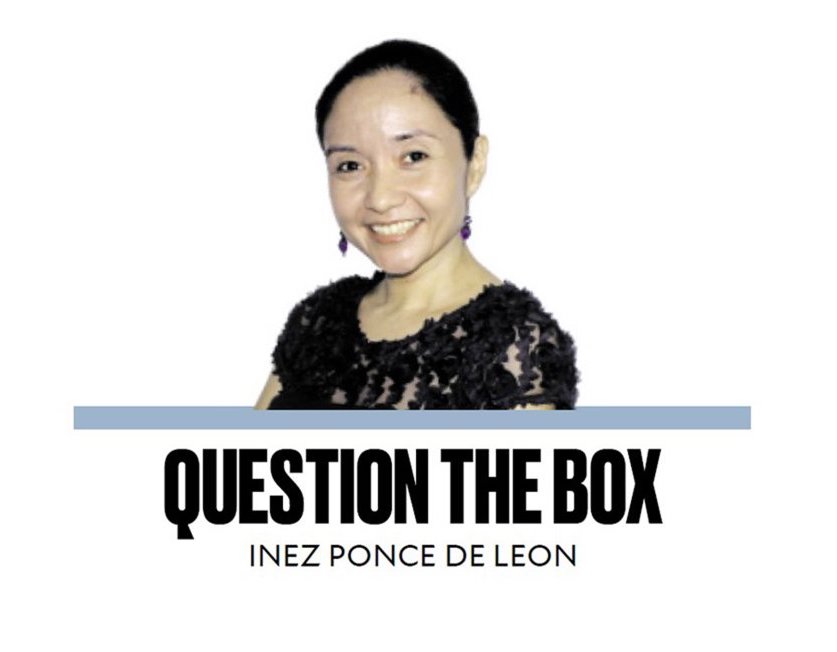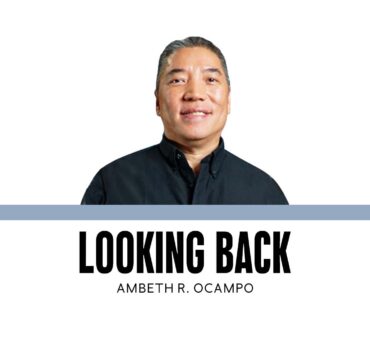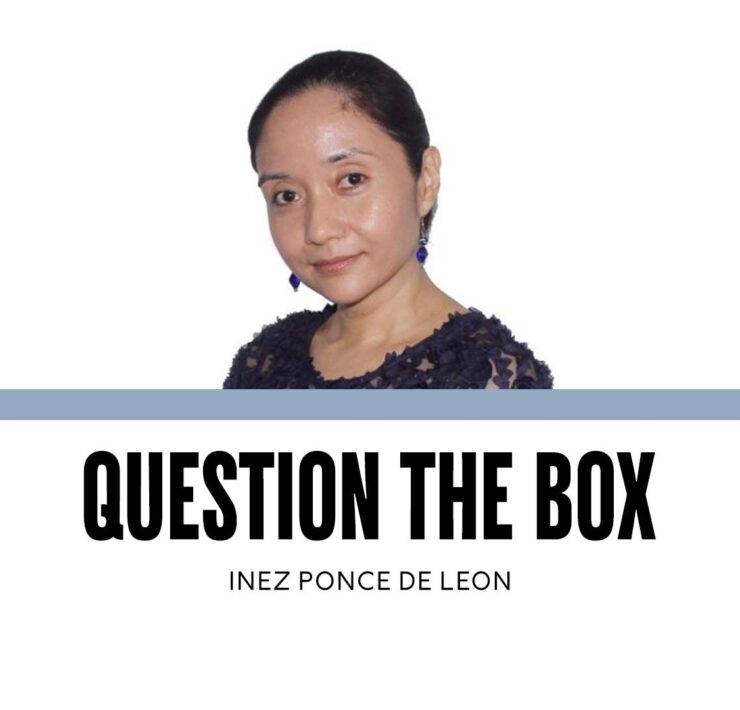Campuses, diversity, stories, lives

Almost two decades ago, I set foot on Purdue University’s campus in West Lafayette, Indiana, as a Ph.D. student.
Back then, Purdue was one of the most diverse universities in the United States. I had classmates from all over the world. One of my best friends, my roommate, was a girl of Dutch stock from Michigan. I served in the graduate student government under a president from Mexico, then from India. I worked alongside people from Argentina, Nigeria, and Russia.
A classmate from Kuwait translated an Arabic song into English so that I could choreograph it properly for my belly dance class. A Turkish classmate took her friends to our show, where they danced and grooved in the aisles. I had classmates from mainland China, Japan, Thailand, and Kenya. I brought bags of Nagaraya to parties, where I ate freshly baked Egyptian baklava, hot with honey and rose water, or pierogies made minutes before in a classmate’s kitchen.
Every class was an intercultural exchange, every student government meeting a United Nations convention, every party a glimpse at a world rich with experience.
In coming together from across the world, we, graduate students, discovered, with increasing degrees as the years passed, that true scholarship was not in what one could do alone.
It was in how one was able to empathize with the many stories and appreciate the many experiences that other people brought to the table.
It was in deliberately immersing ourselves in diversity, rather than avoiding it.
Come graduation, the graduate student roster sounded like an exercise in foreign languages. We would leave Purdue’s halls, but we would also take our lessons, stories, and experiences no matter where in the world our graduate degrees took us.
Diversity, perhaps, is one of the greatest strengths of any institution, academic or otherwise. It shows that the doors of knowledge have been flung open for all to partake, where all involved have the chance to witness the lives of and learn from the stories of those who are unlike them.
There were many such stories that emerged as Ateneo held its graduation rites last weekend. Students posted their stories online, thanking their professors, parents, families, and friends. There were stories about students from the city, the provinces, from places where so very few had the chance to leave, let alone study.
Eugene dela Cruz’s post was especially poignant. He began his story with, “I wasn’t supposed to make it here.”
Eugene had dropped out of school at 12; he became a beggar on the streets of Metro Manila, where he staved off hunger with crumbs of bread, took shelter underneath tricycles when the rain poured, slept in dark backstreets when the heat descended. He took baths and washed his clothes in public restrooms. He struggled to merely survive, as the world had rendered him invisible.
He got the chance to return to school. Despite his fears of being behind academically, he graduated with honors from high school—and earned a scholarship at Ateneo. In Eugene’s words: “Ateneo saw beyond my tattered story and took a chance on someone like me.”
The school saw in him a child desperate, not only for a second chance at school but for a chance to believe in himself once again.
He worked for and through his education. He would choreograph dances, tutor students, earn his keep. His fears echoed in the background, of being seen as merely poor, a former child beggar, someone whose past was made the judge of his present. In response, the people he encountered made him feel that he belonged, that he mattered.
On Saturday, his family included Ateneo offices, scholars’ groups, faculty, friends, and a God who had been with him every step of his long journey—even through those steps across the stage, where he received a Bachelor of Arts degree in Economics (honors program), with a specialization in financial economics, and a minor in decision science, honorable mention.
Many will say it was the funding that helped him through, the persistence of donors that allowed him to succeed.
To this, I add: it was the welcoming arms of an academic institution that did not see poverty as a chain to one’s past, but as a story that would enrich one’s present. It was Eugene’s new family that made him hope again.
That, perhaps, was what had also made my Purdue experience all the more enriching. It was not the days in the library or the hours in the classroom or the pages I read and the pages I had to produce.
It was the notion that I was among equals who were different: where we respected each other for the stories that our lives could tell. Where we did not come as citizens of countries with varying relationships with the US, but as people with cultures that could be shared, appreciated, learned from.
Where we loved the diversity because that is what true education is. To listen to those different from you. To allow their stories to enrich your life. To become more than who you once were. And to be brave enough to tell your story, knowing that someone will listen, learn, and love.


















